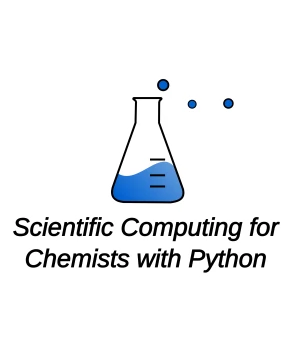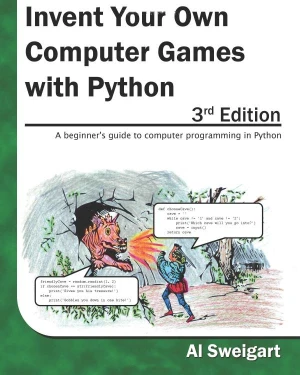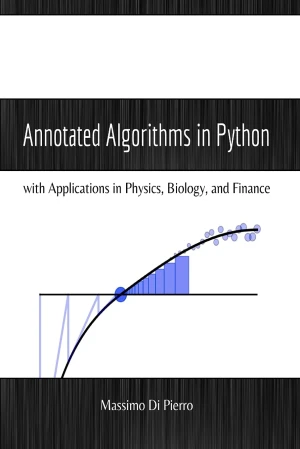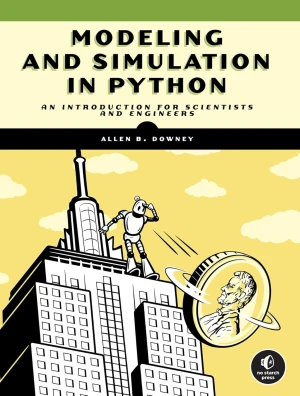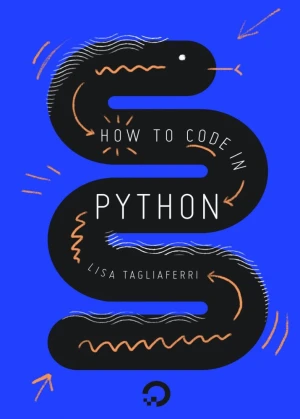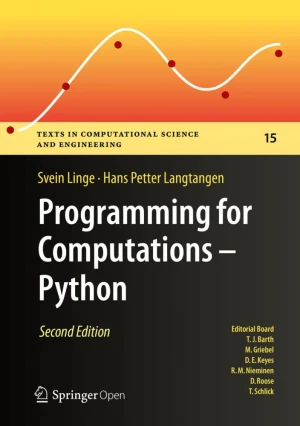Open Workbook of Cryptology
A project-based introduction to crypto in Python
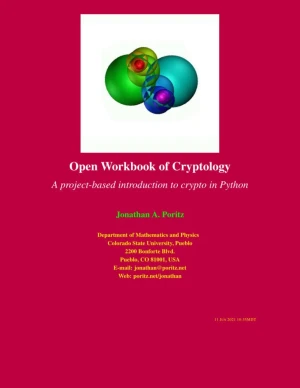
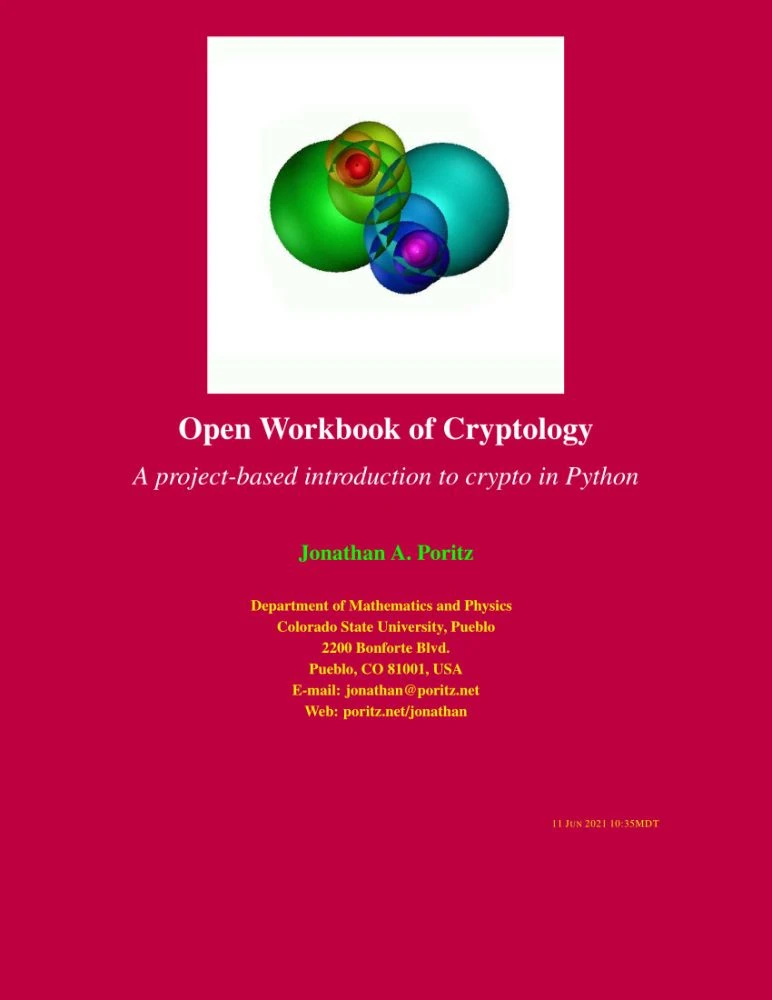
Book Details
| Author | Jonathan A. Poritz |
| Published | 2021 |
| Edition | 1st |
| Paperback | 92 pages |
| Language | English |
| License | Creative Commons Attribution-ShareAlike |
Book Description
The author argues that while cryptology has a reputation for being complex and difficult to master - often associated with advanced theories like number theory, complexity theory, and quantum computation - many of its foundational concepts are actually accessible and practical. They emphasize that the best way to understand these basics is through hands-on experience, particularly by working with cryptographic primitives and implementing them in code.
This book adopts that approach, using Python and its standard cryptographic libraries to explore key cryptological concepts. The material is designed for readers with a solid grasp of Python, though it can also serve as a way for beginners to strengthen their programming skills while learning about cryptography. By focusing on practical implementation, the text aims to demystify the subject and make it more approachable.
This book is available under a Creative Commons Attribution-ShareAlike license (CC BY-SA), which means that you are free to copy, distribute, and modify it, as long as you credit the original author and license any derivative works under the same terms.
If you enjoyed the book and would like to support the author, you can purchase a printed copy (hardcover or paperback) from official retailers.
Download and Read Links
Share this Book
[localhost]# find . -name "*Similar_Books*"
Scientific Computing for Chemists with Python
Scientific computing utilizes computers to aid in scientific tasks such as data processing and digital simulations, among others. The well-developed field of computational chemistry is part of scientific computing and focuses on utilizing computing to simulate chemical phenomena and calculate properties. However, there is less focus in the field of
Invent Your Own Computer Games with Python, 3rd Edition
Invent Your Own Computer Games with Python teaches you how to program in the Python language. Each chapter gives you the complete source code for a new game, and then teaches the programming concepts from the examples. Games include Guess the Number, Hangman, Tic Tac Toe, and Reversi. This book also has an introduction to making games with 2D graph
Annotated Algorithms in Python, 2nd Edition
This open book is assembled from lectures given by the author over a period of 10 years at the School of Computing of DePaul University. The lectures cover multiple classes, including Analysis and Design of Algorithms, Scientific Computing, Monte Carlo Simulations, and Parallel Algorithms. These lectures teach the core knowledge required by any sci
Modeling and Simulation in Python
Modeling and Simulation in Python is a thorough but easy-to-follow introduction to physical modeling - that is, the art of describing and simulating real-world systems. Readers are guided through modeling things like world population growth, infectious disease, bungee jumping, baseball flight trajectories, celestial mechanics, and more while simult
How To Code in Python 3
Extremely versatile and popular among developers, Python is a good general-purpose language that can be used in a variety of applications. For those with an understanding of English, Python is a very humanreadable programming language, allowing for quick comprehension. Because Python supports multiple styles including scripting and object-oriented
Programming for Computations - Python, 2nd Edition
This book presents computer programming as a key method for solving mathematical problems. This second edition of the well-received book has been extensively revised: All code is now written in Python version 3.6 (no longer version 2.7). In addition, the two first chapters of the previous edition have been extended and split up into five new chapte

